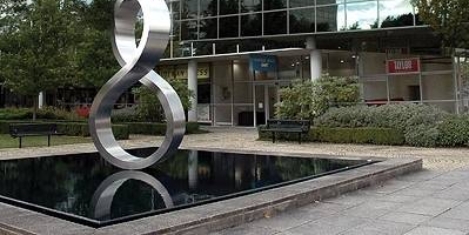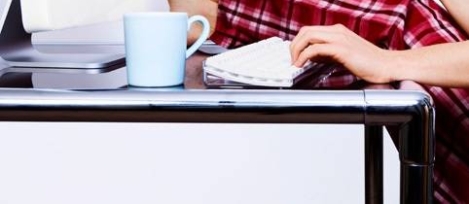October 4, 2016
Disconnect between employers and staff on attitudes to mental health 1
There is a massive difference between employers’ perception of the way in which they address mental health in the workplace and those of their staff, according to a new report being published today. While the majority (97 percent) of senior managers believe that they are accessible if employees want to talk about mental health problems, almost half (49 percent) of employees would not talk to their manager about an issue. The findings from the Mental Health at Work report, by the charity Business in the Community are that more than three quarters (77 percent) of employees have experienced symptoms of poor mental health in their lives, and for 62 percent of employees work has been a contributing factor to their symptoms. Despite this, over half of employees (56 percent) who disclosed symptoms of said that their employer took no mitigating actions and only 22 percent of managers have had relevant mental health training at work.





































September 27, 2016
Businesses failing to look at workplace effectiveness in the right way 0
by Tim Oldman • Comment, Facilities management, Property, Workplace design
(more…)